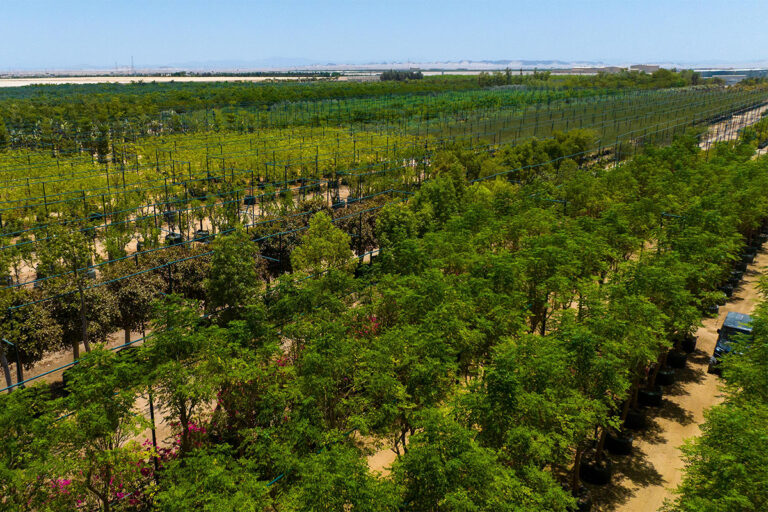In the face of an extended slump in prices for metals and minerals, the largest mining companies are maintaining their investments supporting the communities affected by their operations. These multinationals recognize that their ability to develop new projects and create long-term value for shareholders now depends as much on the consent of local communities as it does on a return to high prices in commodity markets.
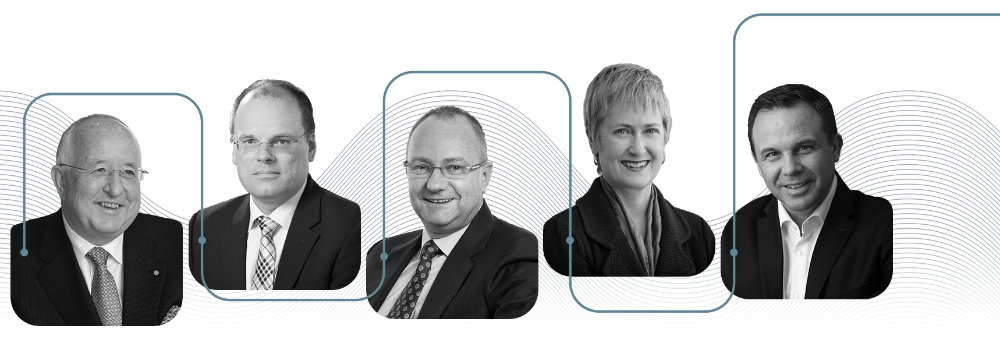
“Whatever we do as an industry, we have to think very carefully where and how we invest,” says Mark Cutifani, Chief Executive Officer of Anglo American. “As much as we think about the actual investment in our capacity, we also have to think about that investment in terms of communities.”
As Chair of the International Council on Mining & Metals (ICMM) Council of CEOs from 2013 to 2015, Cutifani has played a leading role in steering miners towards a stronger focus on long-term development issues. In western countries, mining has historically been a major contributor to economic development, not only in providing fuels and metals to industry, but also in bringing road, rail and social services to once impoverished regions as a byproduct.
Today, in some of the remotest corners of the world, miners are once again catalysts for rapid social and economic development. This time, however, the environmental and social needs of the countries and the communities where they invest are of paramount strategic concern to mining multinationals.
“The key is that as an industry, we have learned about the potential negative consequences of mine development,” Cutifani says. “We are now working hard to accentuate the positive role that we can play, and to make sure that mining plays an integral part in the development of an entire community, not only to the benefit of a lucky few.”
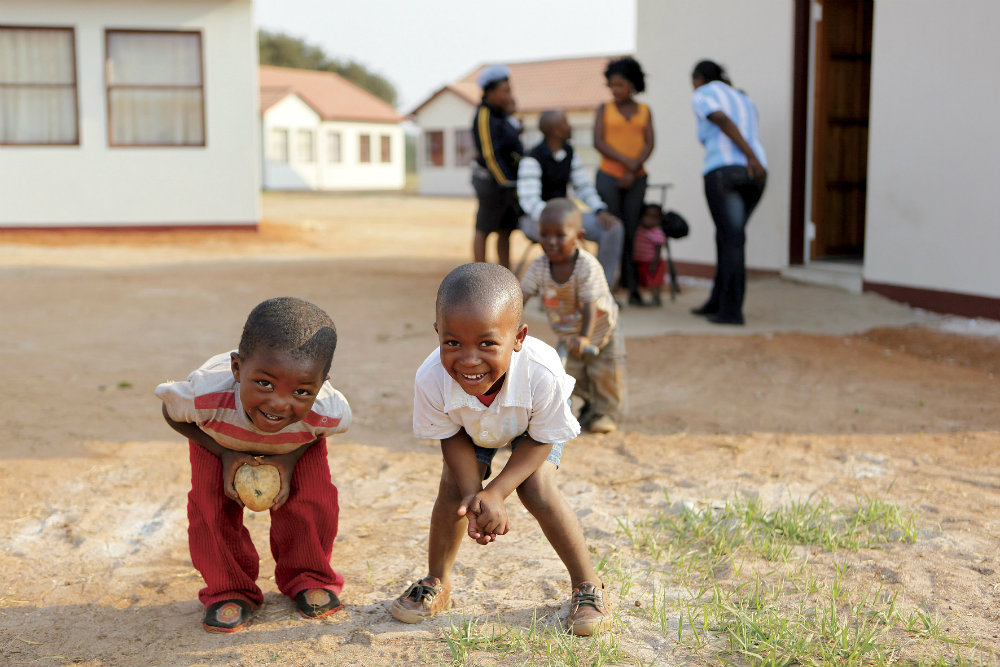
To help achieve this ambition, Anglo American has worked with the Kellogg Innovation Network of the Kellogg School of Management at Northwestern University on a Development Partner Framework for mining companies. Cutifani says the framework aims to fundamentally change the extractive business model of the mining industry, and to help miners become integrated and proactive development partners. “When miners go into a community, they should start by asking the locals what they want for their children in the next 20 to 30 years and how they can help them achieve those objectives,” he explains. “That is very different to a technical conversation with a group of mine engineers. We have to change the nature of the conversation, from this very different starting premise.”
“As miners, we need to make sure that what we do makes a positive difference to the people affected by our operations and helps them maintain a meaningful existence.”
Mark Cutifani, CEO, Anglo American
It’s a ground-breaking approach that is slowly winning the support of other companies in the industry. In 2014, mining giant Rio Tinto contributed to around 2,200 socio-economic programmes across forty countries, making community contributions of €246 million worldwide.
“The truth is that you can achieve shareholder returns and growth while at the same time making community contributions,” CEO Sam Walsh says. “Good sustainable development is good for business as well.”
“Mining companies do not have a choice,” Keith Slack, Global Program Manager of Oxfam America’s Extractive Industries team, says. “Their continued ability to get access to resources depends on their having positive and constructive relationships with local communities. The more progressive international mining companies now understand this.”
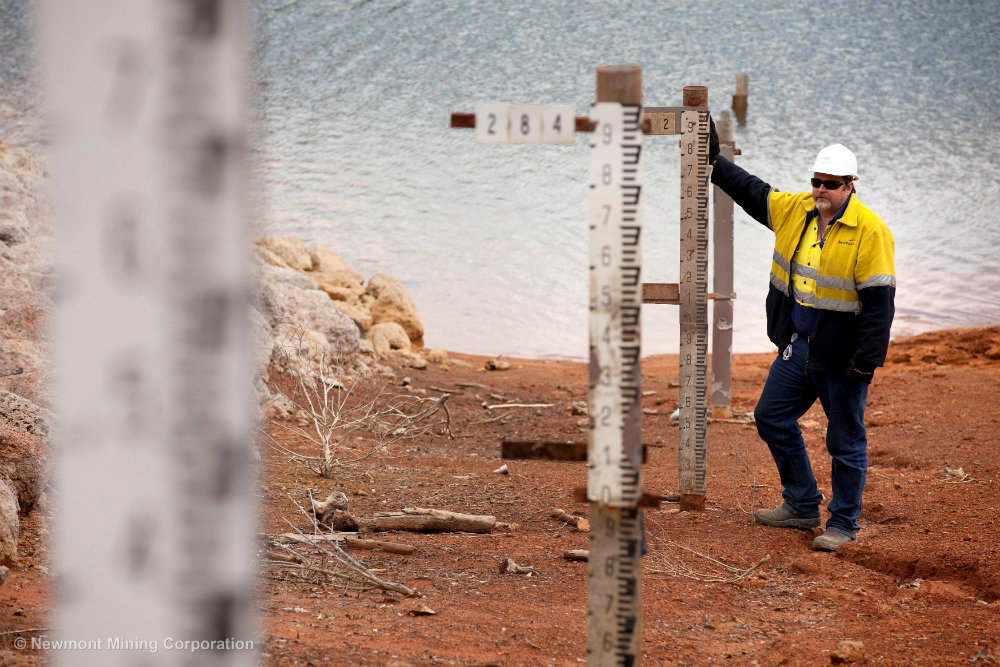
The sector’s focus on investing in community relations is not confined to the developing world. Before beginning to develop its new Éléonore gold mine in northern Quebec, Canada, Goldcorp worked hard to win the support of the Cree First Nation of Wemindji, an indigenous community in the region. The company only began constructing the mine—which started producing last year—once it had signed a landmark partnership agreement with the Cree. That agreement has ensured that the mine has had a very positive impact on employment rates in the Cree community; Goldcorp invested in building a Cree training centre, and partly as a result over one in five of the mine’s employees now identify as Aboriginal.
“We believe that if you do not have communities involved and supportive of the project, then you basically do not have a project,” Brent Bergeron, the company’s Executive Vice President for Corporate Affairs and Sustainability says. “If your dialogue with communities starts off on the right foot, then you have the ability to develop a relationship that is open, transparent, and based on trust. The community knows that they are involved in the project with you, that they are a partner, and they feel a sense of ownership as well.”
Bergeron says that even before acquiring the Éléonore project from an exploration company over ten years ago, Goldcorp was careful to survey the state of community relations ahead of closing the deal. The company has deliberately chosen not to invest in other projects where relationships with local communities were more problematic.
“Our view is that if we are going to work together on traditional lands and are going to be partners, we have to establish this trust and genuine partnership before we can move forward,” Bergeron says.
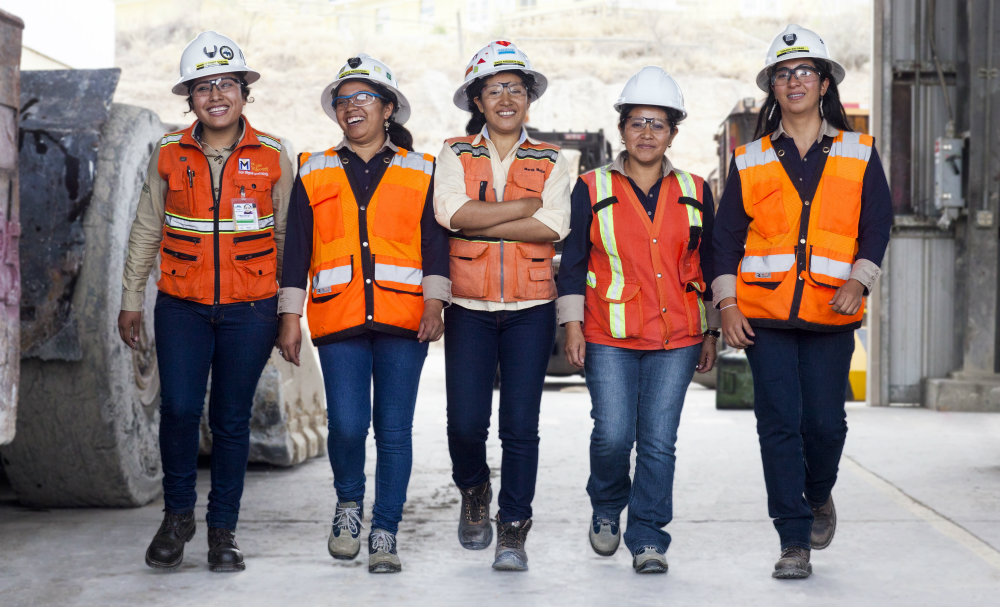
In countries without the long mining heritage of jurisdictions such as Canada, the world’s leading miners are now introducing these best practices in community relations and in transparency. In Suriname, the smallest country in South America, gold miner Newmont is ensuring that its $1 billion Merian gold project will generate sustainable economic and social benefits for local communities and for the wider population.
Ahead of starting the production this year, the company has signed an agreement with the Paramacca community that includes the creation of a development fund and terms for local employment and procurement.
“From the beginning we have sought to engage with the local people and consult with them about the impacts and opportunities of our mining operations,” says Elaine Dorward-King, Newmont’s Vice President of Sustainability and External Relations. Around a quarter of the project’s permanent employees now come from the surrounding community.”
In Suriname, as well as prioritizing dialogue with the local communities, Newmont is also committed to ensuring transparent relations with the national government, which in 2014 acquired a 25% stake in the Merian project. Worldwide, the company is actively involved with the efforts of the Extractive Industries Transparency Initiative (EITI) to improve governance in resource-rich countries, and it already publicly discloses its global tax and royalty payments.
“One of the reasons why transparent royalty and tax payments is so critical to the mining industry is that it is the only way for local people to feel that they’re fully sharing in the economic opportunity. There needs to be transparent governance structures in place if our investments are to create real long-term value for people.” Elaine Dorward-King, Newmont’s Vice President of Sustainability and External Relations.
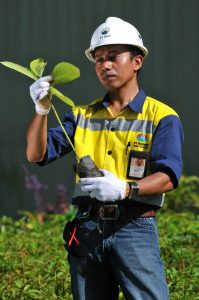
Given the downturn in commodity prices, the resurgence in resource nationalism and the rise in environmental concerns, these haven’t been the easiest times for miners to create that value. Nevertheless, by embracing the values of sustainability and transparency, leading companies in the sector have been able to create more resilient business models that can stand up to the stresses of today’s difficult conditions.
“As a company we are always looking to make a profit but we also understand that in order for this to be sustainable, we have to bring something lasting to the communities where we work,” says Michael Fahrbach, Head of Sustainability at Glencore. “We know that we need to partner if we are to turn the economic opportunities of mining into realities.”
Our new scorecard for social value creation enables us to demonstrate our contribution to a community”. Michael Fahrbach,
Global Head of Sustainability, Glencore
Signalling its commitment to sustainable development, Glencore joined the ICMM in mid-2014 and later that year launched a pilot project to help it measure just how much value its investments create for society.
The aim of this ‘social value model’ is to develop a consistent approach across Glencore’s global operations. With numbers from this scorecard to hand, the company’s management can make a compelling case to stakeholders and outsiders, securing the social licenses to operate for Glencore’s various extractive businesses.
Over the course of 2016, Glencore will roll out the new model across all its operations. “We already invest in building schools and hospitals for local communities, but that’s not the whole story,” Fahrbach says. “We also want to show how our everyday mining operations create jobs, develop infrastructure, and educate people. It is important for mining companies to continuously inform people of their progress and to show them that they will continue to manage sustainability for the benefit of all. Sustainability is one area where Glencore will not be cutting back.”![]()






